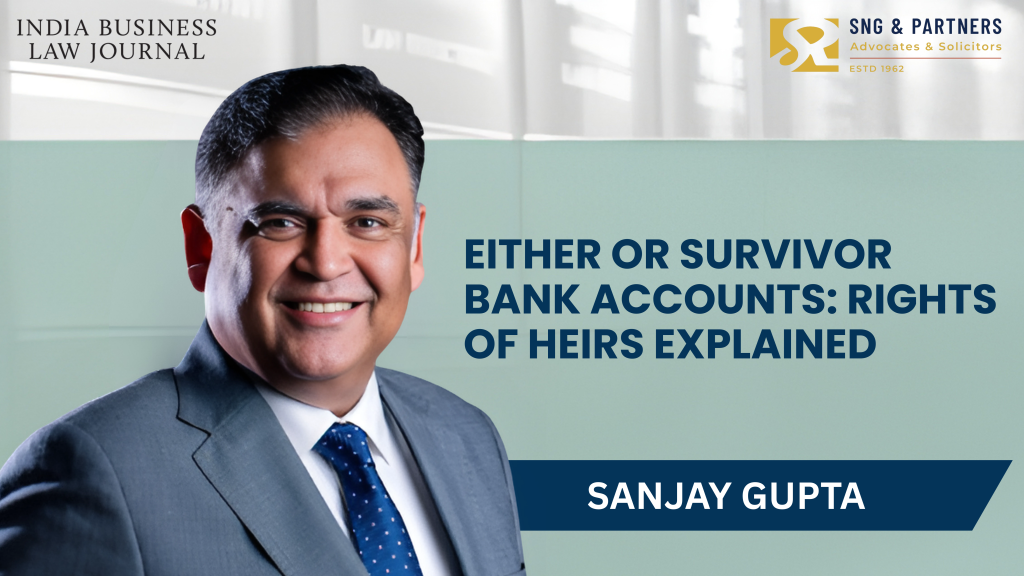The Bhartiya Sakshya Adhiniyam, 2023 (BSA), or new evidence act, will transform electronic and digital records in India’s legal system. The BSA introduces significant changes to the existing definitions of documents, primary evidence and electronic and digital records and section 63 makes major changes to the admissibility of electronic records. These reforms will change how electronic evidence is treated and used, particularly in the banking sector.
The requirement of a certificate to allow electronic evidence to be adduced is now in section 63(4) of the BSA. It provides that such a certificate must be signed not only by the individual responsible for the device but also by an expert. This certificate is to be submitted at the admission stage. The mandatory format for certificates proves the desire to achieve evidentiary clarity and reliability. Unfortunately, the BSA does not define the term expert.
As per section 57 of the BSA, electronic and digital records are now included in the ambit of primary evidence. These include video recordings, aligning legal practice with technological advance. The Supreme Court (SC) in Arjun Panditrao Khotkar v Kailash Kushanrao Gorantyal held that the requirement for a certificate under section 65B(4) of the superseded Indian Evidence Act, 1872, applied only to secondary, not to primary evidence. This explains and supports the BSA classification of electronic evidence as either primary or secondary.
Digital and electronic evidence is now equivalent to documentary evidence because the terms digital and electronic are included in the definition of a document in section 2(d). Section 61 provides that digital or electronic records are as valid and enforceable as any other document.
The BSA uses the terms electronic or digital records throughout rather than electronic records. The term communication device has been added in section 63, meaning that any record in a communication device is considered to be a computer output and admissible as evidence. This allows records such as emails and messages stored on phones, laptops, desktop computers and other equipment to be adduced directly as admissible evidence.
Section 94 of the Bharatiya Nagarik Suraksha Sanhita, 2023, or the new criminal procedure act, gives the police greater powers to seize electronic devices and records. This makes it imperative to provide police officers with comprehensive training on handling and presenting digital evidence. The SC in the case of William Stephen v State of Tamil Nadu has emphasised that such police training is vital to ensure the reliability and integrity of electronic evidence.
Digitalisation of the financial sector has seen institutions storing communication data, financial transaction data and contracts electronically. These can now be adduced as primary evidence. This solves longstanding difficulties in executing online agreements and presenting digital records in proceedings under legislation such as the Negotiable Instruments Act, 1881. Until now, courts have insisted on seeing original documents rather than their electronic forms.
Although the BSA gives institutions clearer guidance for electronic evidence, issues involving data protection, privacy and record integrity remain. Institutions must follow data protection protocols to prevent challenges to the admissibility of evidence. The Centre of Excellence in Blockchain Technology, a government-linked body, has proposed storing electronic evidence on blockchains. This ensures protection against tampering and maintains the integrity of the evidence. Regulations to be issued under the Digital Personal Data Protection Act, 2023, may offer guidance to authorised entities about extracting data from electronic devices. These regulations can ensure that the powers are used proportionately, as held in KS Puttaswamy v UOI, to extract only necessary information while safeguarding the privacy of individuals. The UK’s Extraction of Information from Electronic Devices: Code of Practice (2022) may be a model.
The BSA will reshape India’s legal system, aligning it with the demands of modern digital banking practice. By improving the clarity and standards of electronic records, the BSA modernises legal proceedings and creates more efficient and equitable dispute resolution. The digital banking sector will see greater trust and efficiency. However, data protection and record integrity issues must be settled.
– The authors of this article are Anju Gandhi, Partner – Head of Banking & Finance, Rashmi Raveendran, Associate Partner, Aniket Rajpurohit, Principal Associate, and Nidhi Modi, Intern at SNG & Partners.



